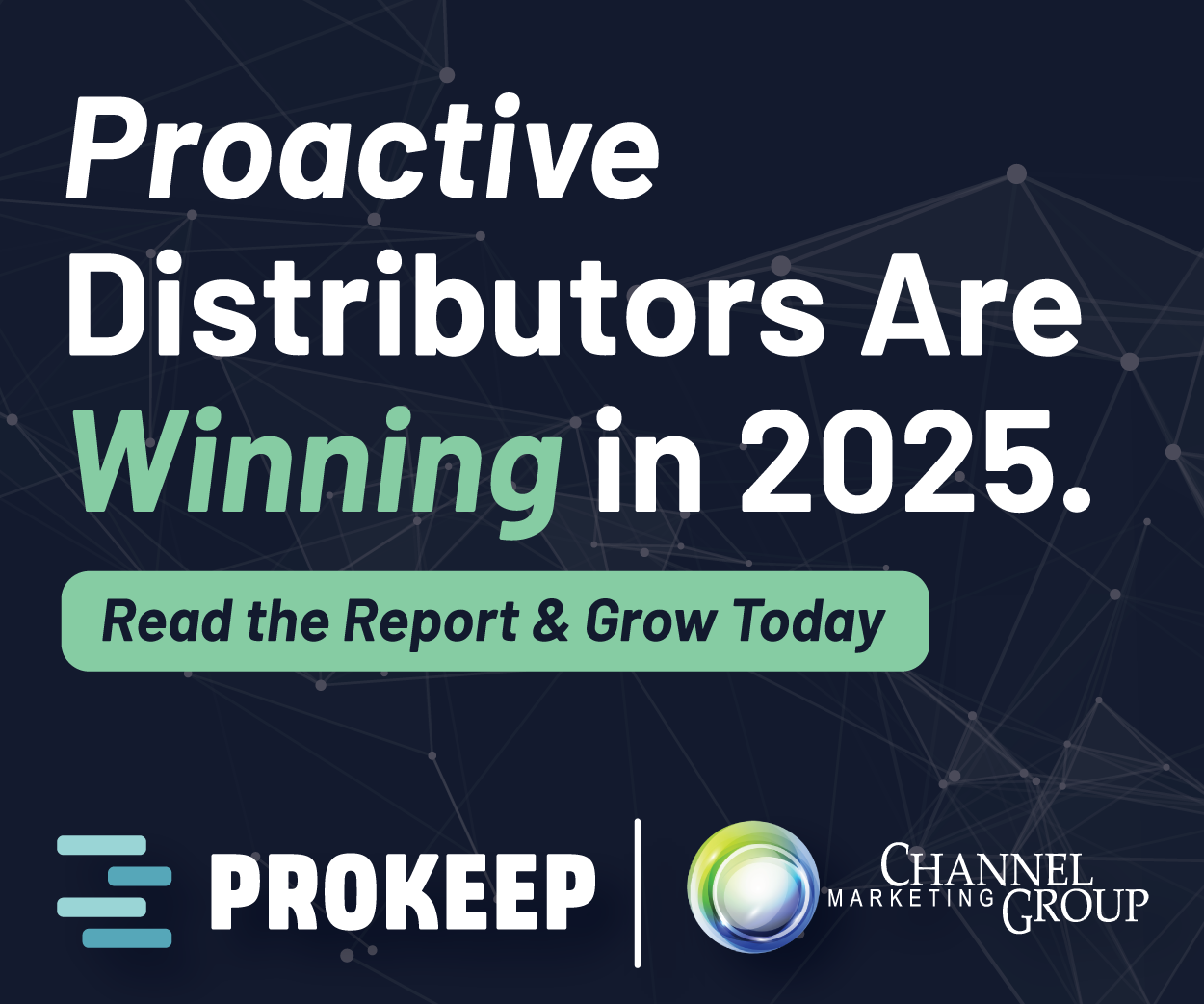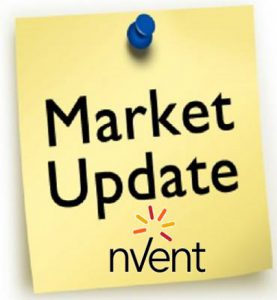Fighting the War for Talent

Contrary to reports coming from Washington, there is a war for talent going on in the electrical industry and it is going to get worse.
Consider:
- If you track LinkedIn you’ll see that there have been many in the electrical industry that have changed jobs this year. While some are the result of company-driven separation, many have also been by choice.
- Industry recruiters are promoting roles
- A number of companies are hiring interns and posting about … gaining early access to future talent!
- Further, feedback from a number of industry recruiters have shared that they are extremely busy with searches!
Some of the roles that are being sought are embracing change that COVID-19 has inspired … work from home roles or, perhaps better described as “location-agnostic” roles. Companies have learned that some roles do not have to be local. We’ve seen individuals / roles for project management, switchgear and lighting, purchasing and inside sales that can be located anywhere. Performance is what counts.
And, perhaps more importantly, with the industry rebounding, companies (especially distributors) are seeking experienced / trained personnel. Essentially “experience-required” is key as they do not have time to train other than on company-specific issues (i.e. software system).
This war for talent, to date, has focused on skilled roles. It will, and in some areas has, expanded to unskilled roles – warehouse and truck drivers. Why, consider that Amazon starts a warehouse person at $17 / hour (minimum). Further, as Washington seeks an unemployment rate that may border on 0% (nationally it is a little north of 6%, here in Raleigh it is 4.7%) and the hospitality industry continues to hire staff (restaurants, hotels, etc) and this demand trickles into their suppliers (increased demand for services / products), there will be more competition for these, perhaps “less than skilled” workers.
Further, the nature of some of these roles is changing. Recent research by Channel Marketing Group through client customer satisfaction initiatives and voice of customer research and upcoming research we’ve done for a client’s white paper confirms what some have surmised … the role of inside salespeople is becoming more important to the customer, can be more important to the relationship distributors have with their customers and the role of technical specialists and technically-inclined personnel has increased in importance. Outside salespeople will need to “reconnect” with customers and, in some instances, re-establish their value to their company through account development (either account penetration and/or customer acquisition.)
So, there is a war for the right people today and the support staff phase is either here, imminent or in the foreseeable future.
Key to winning this war for talent is getting inside the mind of candidates. And, quite frankly, you should be considering that your staff / associates / employees are also candidates as they could be to someone else!
John Salvadore, managing partner of GRN Coastal, a leading recruiter in the industry, recently shared thoughts on this topic based upon his research and observations in his recent blog posting “Top 10 Things Job Seekers are Looking For.”
“TOP 10 THINGS JOB SEEKERS ARE LOOKING FOR:
Inside the candidate’s mind
- Company brand – Job candidates want to know that the company they will be working for has been responsible with the health and safety of their current employees. They want to know that they would be working for a company that values their people. Specifically, how have they handled COVID? Has the company’s image been hurt during the past year? How have they treated their employees? Have they taken the proper safety measures during COVID to protect their people? These questions really matter to your potential employees and being able to show that your company has handled the pandemic responsibly will ease a candidate’s mind on the issue.
- Company financials – After the past year job seekers are concerned with the financial stability of a company. They want to know how the company fared during COVID. Did they layoff employees? For how long? Did they cut hours? Did the company go through a restructuring? Candidates want stability and job security. They want to know that they will still have a job if anything similar happens again.
- Leadership and culture – Top candidates are always interested in the leadership and culture of a company. They want to know if executives are in touch with their people and if the leadership is visible and “leading”. Foremost on potential employees’ minds is how communication has been during the pandemic. They want to know if the company’s direction has been clearly communicated and if there have been any changes in leadership or company structure (and why that has happened).
- Guaranteed money – As we have discussed in our blog on how sales compensation models are changing, job seekers want more guaranteed money, and will take less commission/bonus percentage in exchange. This is hugely important with sales candidates because so many have been burned by a weak year in 2020. Top candidates no longer want to rely so heavily on the bonus and commission money that can just disappear due to something like the pandemic.
- Sign-on bonus – Market leaders who survived 2020 are aggressively restocking top talent and many of those candidates are expecting “cash now”. This is a trend that we have seen developing more in 2021 than we have seen in the past. The competition to recruit the best candidates is fierce and a sign-on bonus is becoming more frequently expected. (as an aside, my wife and I recently visited an Olive Garden and they were offering new hires a $250 signing bonus!)
- Better benefits and associated costs – Benefits have always been one of the top things job seekers are looking for and provide a significant value-add to job offers. Candidates are paying much more attention to benefit coverages and their associated costs. They are focused on PTO and vacation days, how time off is tracked, how flexible their manager is on working hours, and when they can leave. Tangible items like 401K, profit sharing, company car versus car allowance are their most valuable considerations. Providing fair and well-rounded benefits can be the difference between a “yes” or a “no” from your chosen candidate.
- Upward mobility – Job seekers have always cared about future opportunities with the company they are joining. They want to know there is a clear career path, how good performance will provide them a chance at promotion, and how the company structure impacts their chances to grow with the company.
- Remote work – In 2020 employees all over the world proved that working from home was both viable and productive. Job seekers want to hang onto their new freedom and flexibility. Having some options for continued remote work is very much an expectation. In the last year, candidates have had to make adjustments with daycare, carpools, and other daily logistics. They are worried they may lose that flexibility with their family situations if they make a move. Work from home and a hybrid workforce is here to stay!
- Continued education – Both your current and future employees want the opportunity for training, mentoring, coaching, and other educational opportunities. They want to know if there are avenues available to keep learning. Top performers, regardless of their level, always want to get better and they thrive on learning. Employers should be ready to offer job seekers plenty of options for furthering their skill sets and learning new ones.
- Work/life balance – Companies that attract top talent, do it by defining the work environment and showing that they care about employees and their quality of life. Job seekers today have experienced much more family time over the past year, and many loved that experience. Top candidates have a new routine and they have put a new value on off-work hours. They have proven that they can be productive and successful while working from home. Be ready for pushback on the idea of spending five days a week in the office and be prepared to have some flexibility with schedules and remote work options.
These top ten things that job seekers are looking for are real. We are hearing some of this from nearly every candidate we speak to. Companies need to adjust their philosophy towards recruitment and be prepared for a much more challenging recruiting engagement process. There will be hurdles to get past to satisfy job seeker’s expectations. However, to win the battle for top talent you’ll need to “out recruit” your competition and meet the expectations of job seekers.”
Remember, John is talking to not only job seekers – those who are forced to seek and those who want to seek – he is also talking to companies that are fighting for talent. Remember, distributors usually know those in their market who are “available”. They turn to recruiters when they want to win the fight for talent and need “special forces.” Manufacturers turn when they either don’t have time, when they have urgency or when they want to recruit rather than shuffle through resumes.
Want to win the war for talent?
Getting inside the mind of the candidate is key to winning. It’s no different than winning business from a prospect … know your customer and their needs, then you can identify how to win.
Beyond understanding the candidate, recognize that candidates nowadays may have choice … especially top candidates. They are evaluating your company. Consider how you your company puts itself forward. As part of our strategic planning process, we also sometimes get involved with understanding company culture. This can start with helping gain consensus on vision and mission, corporate values, culture building and internal marketing and more. Some things to consider, which supports your recruitment and retention strategy (and emanates to customers) include:
- Is your company aligned? Does your management team know the direction of your company and can they communicate how their department contributes to the company’s success? To customer success?
- Is your company reflective of your brand? Your management philosophy?
- Is staff engaged? Do they feel engaged and valued? … have you asked? What actions show this?
- Making sure what you espouse you practice so customers “feel” it.
Staff that is valued (and when a person feels valued) customers and suppliers feel I as it permeates the ethos of the company. Customers win. The companies win.
Are you fighting for talent? Are you “staffing up” to support growth and your growth strategy? This is also one of the reasons why size matters and investing in your growth strategy is critical.























